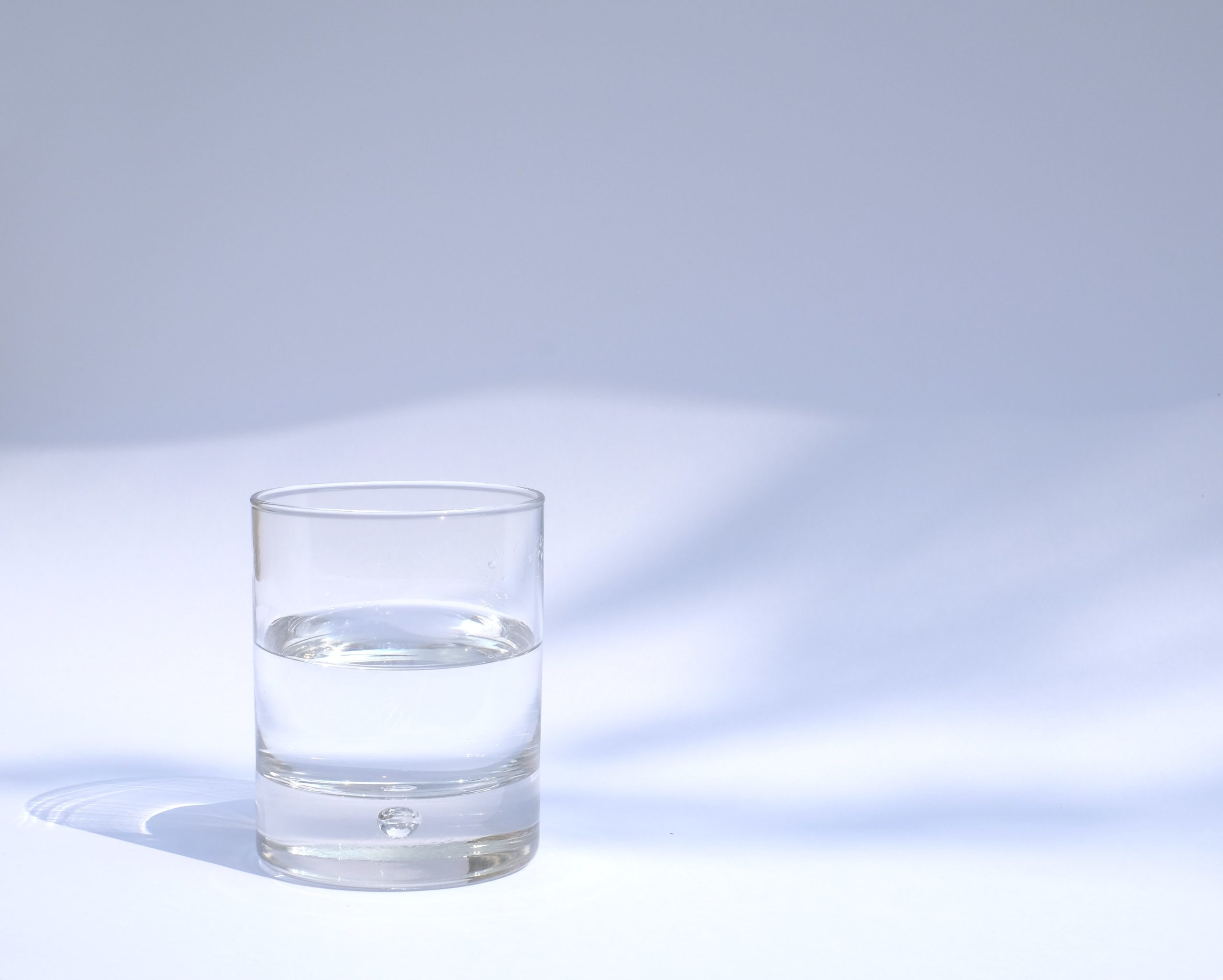
10 Aug How Drinking Water Can Help You Lose Weight
Can drinking water help you to lose weight? Staying hydrated is vital for health but it also affects our ability to regulate our body weight.
Despite known that drinking plenty of water is important, many of us still aren’t actually doing it. A survey of 2000 people conducted by supplement brand Vidrate revealed that nearly half (45%) of the population aren’t drinking the daily recommended amount of fluid, while over 6 million Brits aren’t drinking any sugar free fluid at all.
So why is drinking water so important? How can it help us lose weight? And how can we make sure we get enough?
WHY IS WATER SO IMPORTANT?
Water delivers vital nutrients to our cells. It regulates body temperature, moistens tissues, protects our organs and carries oxygen to our cells. Believe it or not, up to 60% of the human body is water. We lose water through digestion, breathing, sweating and other bodily functions. It is essential that we regularly consume enough to stay hydrated.
HOW DOES DEHYDRATION LEAD TO WEIGHT GAIN?
Research, as well as our clinical experience, shows that staying hydrated can help prevent weight gain and support weight loss.
Dehydration slows down many body functions, including our metabolism. We can also confuse thirst with hunger meaning we can end up eating more when we are dehydrated.
We see first hand clients who experience a significant reduction in their perceived hunger once they start drinking more water.
This study found ‘a significant association between inadequate hydration and elevated BMI and inadequate hydration and obesity, even after controlling for confounders.’ While this review of studies concluded that there is ‘considerable evidence that an increase in water intake, i.e., increased hydration, leads to loss of body weight.’
WHAT HAPPENS WHEN BECOME DEHYDRATED?
Signs of dehydration can include thirst, darker yellow wee, fatigue and feeling dizzy or lightheaded. Chronic dehydration can lead to low blood pressure; rapid heart rate; rapid breathing; sunken eyes and dry skin.
Dehydration can occur more easily if you are unwell and experiencing diarrhoea or vomiting. Exercising, drinking alcohol and spending time in the heat can also cause you to excrete fluid more rapidly.
Taking note of the colour of your urine can help you tell if you’re becoming dehydrated. You want to aim for a pale straw colour rather than a darker yellow.
HOW MUCH SHOULD WE BE DRINKING?
The European Food Safety Authority (EFSA) recommends a total daily intake of 2 litres of fluids for women and 2.5 litres for men. Higher intakes have not been shown to provide additional health benefits except for the potential prevention of recurrent kidney stones. However, there are circumstances when we will require more, such as when we exercise.
PRACTICAL WAYS TO DRINK MORE
Establishing practical ways to ensure you are drinking enough can help make hitting your water intake effortless. Here are four hydration habits to try…
Drink a glass of water first thing in the morning, then 30 minutes before each meal. Our body can confuse thirst for hunger so not only will this habit increase your water intake, it can also help prevent you from overeating.
Prepare a 2 litre bottle (or two 1 litre bottles if you prefer) of water the night before, preferably in a reusable water bottle. Try jazzing up the flavour by adding slices of lemon and ginger or cucumber and mint.
If you find yourself forgetting to drink water, set reoccurring reminders in your phone or download an app that reminds you periodically.
Don’t forget that you can consume water through fresh fruit and vegetables too. Cucumber, celery and watermelon are all good options.
WORK WITH US
If you are looking to lose weight, we can help you overcome your weight challenges, reach your happy weight and maintain it long term. Book yourself in for a complimentary 25 minute call or contact us and a member of our team will be in touch soon. We can talk through your challenges and explore whether one of our Intelligent Weight Loss programmes is right for you.

